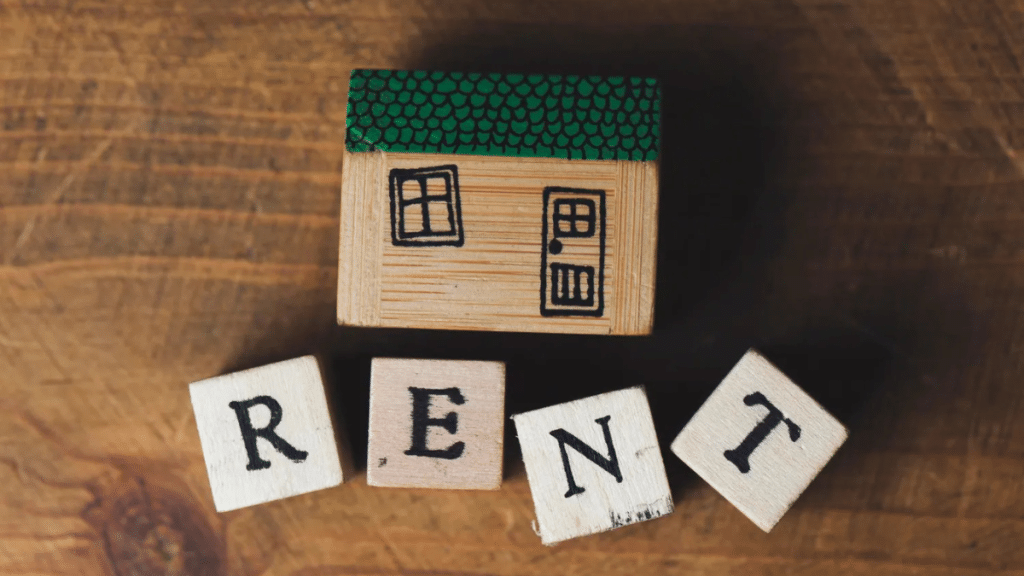Navigating the world of rental properties can feel like a daunting task, especially when it comes to understanding mortgages. As a property owner, you may find yourself balancing the need for steady cash flow with the financial management of your investment. Having a solid grasp of mortgage practices can make all the difference in ensuring your rental properties thrive. Let’s explore how you can optimize your mortgage strategy for rental homes and set yourself up for success.
Financial Planning
Understanding your financial situation is the first step in securing a mortgage for a rental property. This includes knowing your credit score, assessing your debt-to-income ratio, and determining how much you can genuinely afford to borrow. A sound financial foundation provides a realistic framework to work within and helps identify the types of loans available to you.
Before applying for a mortgage, establish a budget that accounts for all costs, including property taxes, insurance, maintenance, and management fees. Having a clear picture of your financial landscape can empower you to negotiate more favourable mortgage terms and avoid surprises down the line. It’s about being proactive and making informed decisions.
Choosing the Mortgage Type
Not all mortgages are created equal, especially when it comes to rental properties. Familiarizing yourself with the different types available can help you find the right fit. Fixed-rate mortgages provide stability through a consistent monthly payment, making it easier to budget. On the other hand, adjustable-rate mortgages (ARMs) may offer lower rates initially but could lead to fluctuating payments over time.
Consider the benefits of specialized loans designed specifically for rental properties. Real estate investors may find interest-only loans beneficial in the short term, as they allow them to enhance their cash flow while managing their investments. Weigh the pros and cons of each type to find what aligns with your financial goals.
Reverse Mortgage
A reverse mortgage on rental property can help homeowners get cash in retirement, but they can also benefit rental property owners. A reverse mortgage allows property owners to convert some of their home equity into cash without making monthly mortgage payments. This is useful for investors who want to access funds while keeping their rental properties.
This financial tool can provide you with the funds you need for property improvements or to settle other debts. Understanding how reverse mortgages work can help you manage your rental business more effectively, improve your cash flow, and refine your investment strategy.
Tax Considerations
Rental property ownership comes with tax implications and understanding these can lead to significant savings. Typically, mortgage interest on rental properties is tax-deductible, which can help reduce your overall taxable income. Additionally, property depreciation can be a key strategy to offset rental income.
Stay informed about tax laws and potential deductions available for landlords. Consulting a tax professional can shed light on best practices for managing your rental finances, ensuring you capitalize on all applicable benefits. Not only does this lead to immediate savings, but it helps long-term wealth accumulation.
Building Equity
One of the primary benefits of owning rental properties is the opportunity to build equity over time. As you make mortgage payments, your equity grows, providing you with options for future investments or improvements. Consider strategies to increase your property value, such as refinancing your mortgage to secure a lower interest rate or making upgrades that enhance the rental appeal.
Furthermore, using the equity built over time can serve as a financial cushion. By leveraging it judiciously, you can explore additional investment opportunities or handle unexpected expenses without derailing your financial plans. Building equity translates into financial freedom in the long run.
Market Research
Keeping up with market trends is essential for any rental property owner. Market research enables you to adjust your rental strategy in response to demand, market rates, and local economic fluctuations. Understanding your target market can guide your property updates and marketing efforts, ensuring you attract and keep good tenants.
Use online resources, local real estate groups, and economic reports to stay informed about your rental market. The more you know, the better decisions you can make to improve profitability and reduce vacancies.
Regular Reviews
Regularly reviewing your mortgage and financial strategy is crucial for maintaining a successful rental property business. Annual check-ins help you examine your mortgage terms, assess current interest rates, and consider refinancing if it makes sense. This practice also allows you to reevaluate your investment strategy as your goals change.
Working with professionals, such as financial advisors or real estate experts, can provide new ideas and help you identify opportunities. Adjusting as needed ensures your strategy aligns with your long-term goals and helps your rental properties thrive.

